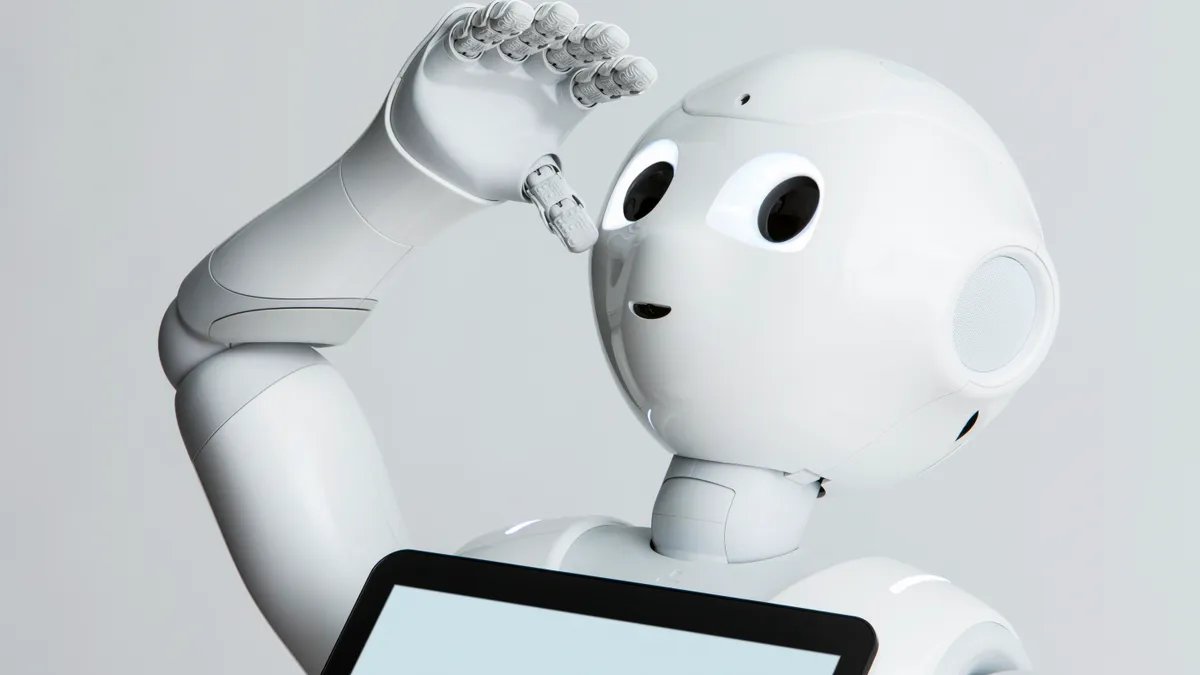Dive Brief:
-
Realizing automation’s full potential will require people and technology to work together, according to a new McKinsey Global Institute report.
-
The report, which was based on scenario modeling, predicts physical tasks "in highly structured and predictable environments, as well as data collection and processing" will be the first to be automated. But those jobs make up a little over half of activities in the economy, accounting for almost $2.7 trillion in wages, so the effects could be dramatic.
-
The firm also acknowledges almost all occupations — both blue collar and white collar — have potential for some automation, which could result in a savings of about $16 trillion in wages.
Dive Insight:
Its clear automation will affect the enterprise in coming years, but putting numbers to those changes is challenging. Meanwhile, McKinsey estimates automation could raise productivity growth globally by 0.8 to 1.4% annually. But when it comes to replacing workers altogether, McKinsey estimates that could only work in less than 5% of occupations.
Ultimately, however, all types of jobs will see some automation. Earlier this month, Fukoku Mutual Life Insurance said it is replacing some human insurance claim workers with an artificial intelligence-based system from IBM.
Ultimately, McKinsey predicts, workers will have to adapt for automation and perhaps learn new, more complex skills that they then perform alongside machines. It will therefore be more a matter of better assisting machines rather than being replaced by them.
In an interview with Bloomberg during the DLD conference in Munich, Microsoft Corp. Chief Executive Officer Satya Nadella agreed that AI and automation should help people use their time better.
"The fundamental need of every person is to be able to use their time more effectively, not to say, ''let us replace you'," Nadella said.












